This is my "back to work, I’m not ready for anything too serious, but I have a message for you," post.
I just returned from a trip to a warm locale (at least it was warmer than Chicago!), and had a great opportunity to mix a few great days of business with a long weekend with family and friends. A long weekend can barely be called a vacation, as my European friends are apt to remind me. Nonetheless, it was a great few days to shift mental gears, play with my new nephew, sample some great local restaurants and even spend some time with a quality Ken Follett spy mystery. The six inches of new snow and malfunctioning snow blower were a cold slap of reality this morning, but I suspect that I still benefited from the mental downtime of this trip.
Most high performance leaders that I know understand that they need to shift gears and get away from the day-to-day firefight once in awhile or they risk burning out. Quite a few of these leaders learned this lesson the hard way, succumbing at some point early in their career to the often self-imposed requirement to keep running at top speed out of fear of falling behind. A few cultures that I have been around actually encourage (or at least, don’t discourage) this destructive pace, almost as part of some bizarre survival-of-the-fittest ritual.
One of your core responsibilities to yourself and to your team members is to stay on top of your game mentally and physically (they go hand in hand). You owe it to everyone around you to be at your mentally sharpest when guiding, mentoring, helping with decision-making or engaging with colleagues. Just like the human body and brain needs sleep to function, I’m convinced that your effectiveness is function of giving your work-mind frequent and appropriate breaks to process and to recharge.
Here are a few suggestions that work for me and for a number of the high-performing leaders that I know:
At work—quit eating (too much) and start moving:
- Push away from your desk and walk somewhere at least once every two hours. While I don’t encourage aimless wandering or excessive water-cooler time, it helps to get up, get the blood flowing and move some fresh oxygen into the system. Use this time to engage in informal leadership conversations. Provide feedback to a team member on a job well done or just check in and see how someone is progressing with the latest challenge. This type of a break increases your leadership effectiveness and helps keep you energized throughout the day.
- Lunch is a great time not to eat. Get out and walk if the conditions are right. If not, find the nearest stairwell and knock out a few flights. Start tallying your flight total and set a goal. It’s amazing what 100 flights of stairs a month will do for you.
- If you have to eat, choose the right foods. I’m not a nutritional counselor, but I certainly know how I feel during the afternoon after a rich, heavy meal. Keep it light.
- If you have easy access to fitness facilities or a bike trail, break up your day and break a sweat. One summer, I joined a colleague (who happened to be a triathlete) and rode 500 miles during my lunchtime over the season. We could knock out 10 miles, clean up and be back at our desks within the hour. (And yes, I spent most of my time chasing him and struggling to not die on the hills!)
Outside of work:
- Start scheduling and taking your vacations. It’s not a sign of your occupational prowess to end up the year with all of your vacation days left over. The note from HR about "use them or lose them" regarding vacation days is not suitable for framing.
- Turn the blackberry off during evenings and weekends. (I’m still working on this one!)
- Take a class in something…anything. The single greatest thing I’ve ever done to recharge my batteries was enroll in a yearlong program at Kellogg to refresh my MBA. Every other Friday, I would immerse myself in topics that I had not touched since graduate school with a great group of sharp people. To a person, we agreed that we were back at work on Monday with new ideas and new energy thanks to our Kellogg experience.
- Teach a class. It’s a whole new experience and brain challenge to be responsible for creating a learning environment and experience versus sitting in one.
- Read something different. Put down the professional journal and rediscover what it was about reading that captivated you as a younger person. Or, make a list of books that you’ve always wanted to read and start at the top. Another idea…join or create a book club.
- Pay attention to fitness and nutrition. There’s something to this stuff! It works. Clean the clothes off of the treadmill or scrounge around under that pile of junk mail for your membership card. It feels good to quit contributing to your favorite health club charity and start wearing out their equipment.
- Volunteer in your community. Someone needs help—lend a hand.
The bottom-line:
OK, I could keep the list growing and I am sure that many of you have some far more interesting ideas than those above. The important point is the point. You can’t function at the top of your leadership game unless you have the wisdom and discipline to take care of yourself. Remember to step away from the keyboard once in awhile, put down the cell phone and give your body and mind the opportunity to recharge and refresh. Creativity and effectiveness are products of a well-rested mind, not the semi-delusional state of existence that occurs from working until you are ready to drop. Add a few activities for recharging into your repertoire and watch your performance improve!

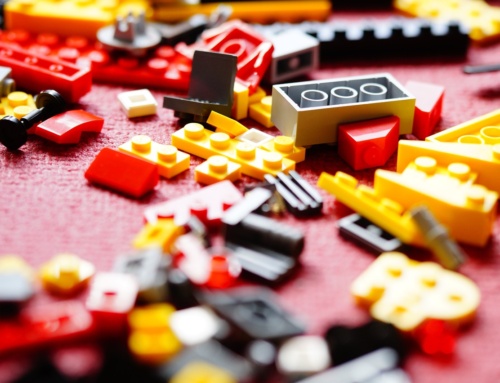
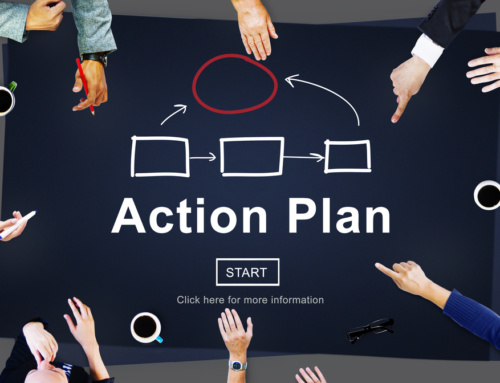
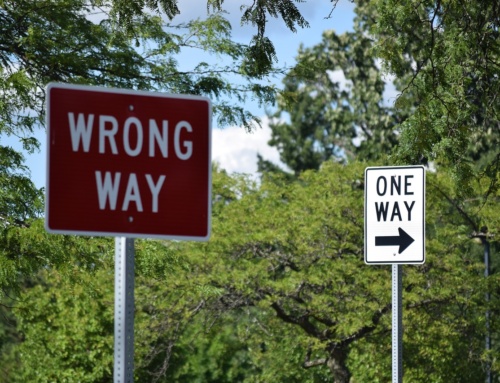
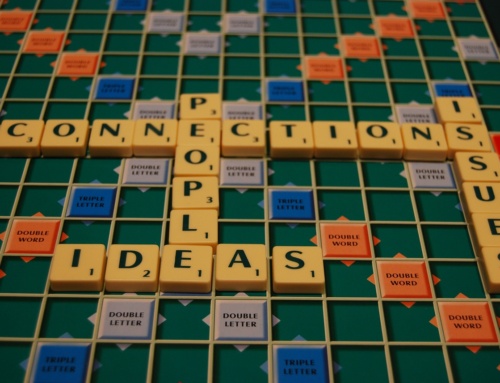
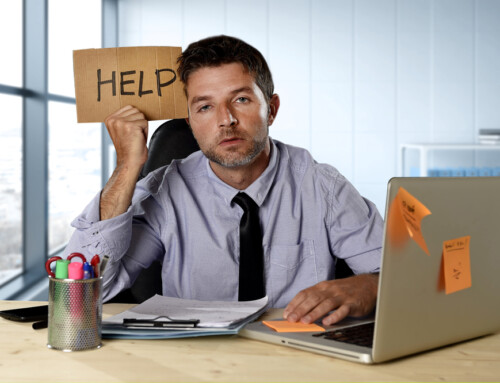
Great post, Art. The key words are “wisdom and discipline” methinks.